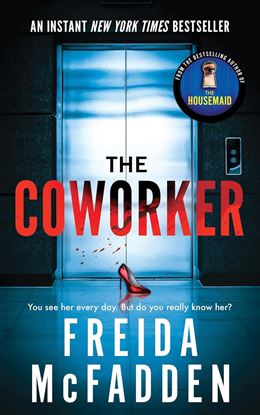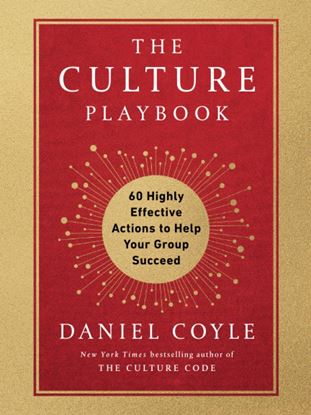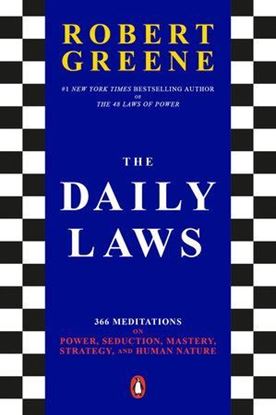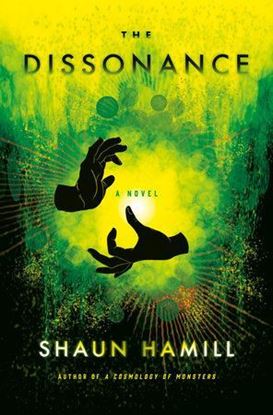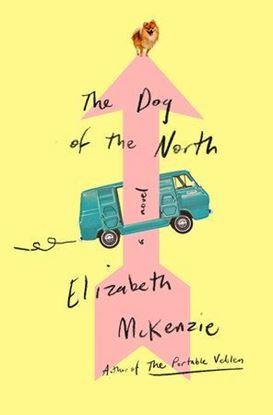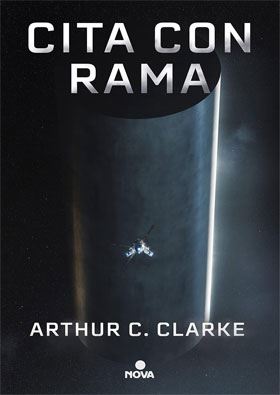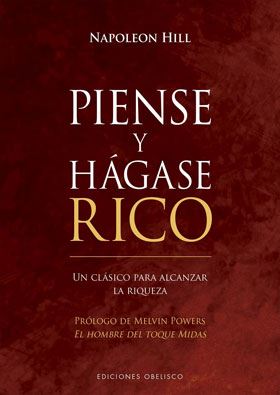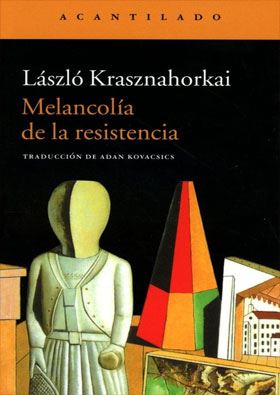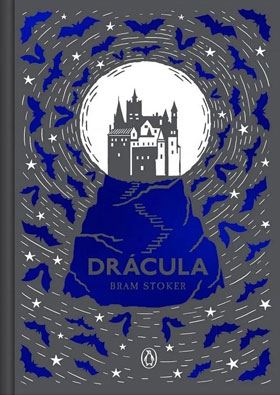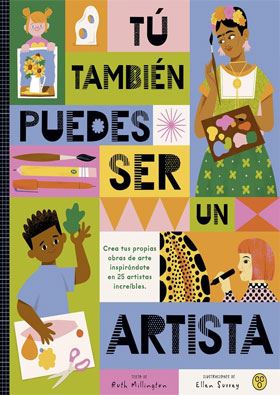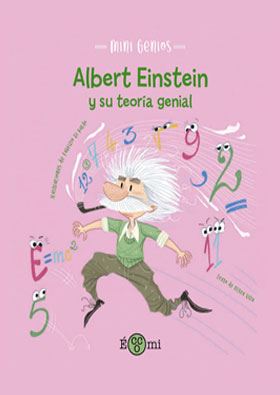

THE COUPLE NEXT DOOR (MM)
AN INSTANT NEW YORK TIMES BESTSELLER Shari Lapena's new thriller, AN UNWANTED GUEST, is available now! "The twists come as fast [as] you can turn the pages." --People "Provocative and shocking." --Lisa Gardner, New York Times bestselling author of Find Her "I read this novel at one sitting, absolutely riveted by the storyline. The suspense was beautifully rendered and unrelenting!" --Sue Grafton, New York Times bestselling author of X It all started at a dinner party. . . A domestic suspense debut about a young couple and their apparently friendly neighbors--a twisty, rollercoaster ride of lies, betrayal, and the secrets between husbands and wives. . . Anne and Marco Conti seem to have it all--a loving relationship, a wonderful home, and their beautiful baby, Cora. But one night, when they are at a dinner party next door, a terrible crime is committed. Suspicion immediately lands on the parents. But the truth is a much more complicated story. Inside the curtained house, an unsettling account of what actually happened unfolds. Detective Rasbach knows that the panicked couple is hiding something. Both Anne and Marco soon discover that the other is keeping secrets, secrets they've kept for years. What follows is the nerve-racking unraveling of a family--a chilling tale of deception, duplicity, and unfaithfulness that will keep you breathless until the final shocking twist.
650
THE COWORKER
Two women. An office filled with secrets. One terrible crime that can't be taken back.
Dawn Schiff is strange.
At least, everyone thinks so at Vixed, the nutritional supplement company where Dawn works as an accountant. She never says the right thing. She has no friends. And she is always at her desk at precisely 8:45 a.m.
So when Dawn doesn't show up to the office one morning, her coworker Natalie Farrell―beautiful, popular, top sales rep five years running―is surprised. Then she receives an unsettling, anonymous phone call that changes everything…
It turns out Dawn wasn't just an awkward outsider―she was being targeted by someone close. And now Natalie is irrevocably tied to Dawn as she finds herself caught in a twisted game of cat and mouse that leaves her wondering: who's the real victim?
But one thing is incredibly clear: somebody hated Dawn Schiff. Enough to kill.
1,150
THE CULTURE PLAYBOOK
As an entrepreneur and founder of an investment bank led by women, | found The Culture Playbook to be an invaluable asset, providing tools and techniques as 1 work to unleash my team's full power and potential in an ever-evolving workplace. Daniel Coyle has given us all a game plan for success.”
950
THE DAILY LAWS: 366 MEDITATIONS ON POWER
The Daily Laws offers a page of refined and concise wisdom for each day of the year, in an easy-to-digest lesson that will only take a few minutes to absorb. Each day features a Daily Law as well—a prescription that readers cannot afford to ignore in the battle of life. Each month centers around a major theme: power, seduction, persuasion, strategy, human nature, toxic people, self-control, mastery, psychology, leadership, adversity, or creativity.
900
THE DISSONANCE
“You can never go home again,” the saying goes—but Hal, Athena, and Erin have to. In high school, the three were students of the eccentric Professor Marsh, trained in a secret system of magic known as the Dissonance, which is built around harnessing negative emotions: alienation, anger, pain. Then, twenty years ago, something happened that shattered their coven, scattering them across the country, stuck in mundane lives, alone.
But now, terrifying signs and portents (not to mention a pointed Facebook invite) have summoned them back to Clegg, Texas. There, their paths will collide with that of Owen, a closeted teenager from Alabama whose aborted cemetery seance with his crush summoned something far worse: a murderous entity whose desperate, driving purpose includes kidnapping Owen to serve as its Renfield. As Owen tries to outwit his new master, and Hal, Athena, and Erin reckon with how the choices they made as teens might connect to the apocalyptic event unfurling over the Lone Star State, shocking alliances form, old and new romances brew, and three unsuccessful adults and one frightened teen are all that stand between reality and oblivion.
From one of the boldest, most brilliant voices in modern fantastical horror, The Dissonance is a thrilling and beautifully written story of magic and monsters, forgiveness and friendship.
850
THE DOG OF THE NORTH
Penny Rush has problems. Her marriage is over; she’s quit her job. Her mother and stepfather went missing in the Australian outback five years ago; her mentally unbalanced father provokes her; her grandmother Dr. Pincer keeps experiments in the refrigerator and something worse in the woodshed. But Penny is a virtuoso at what’s possible when all else fails.
750


